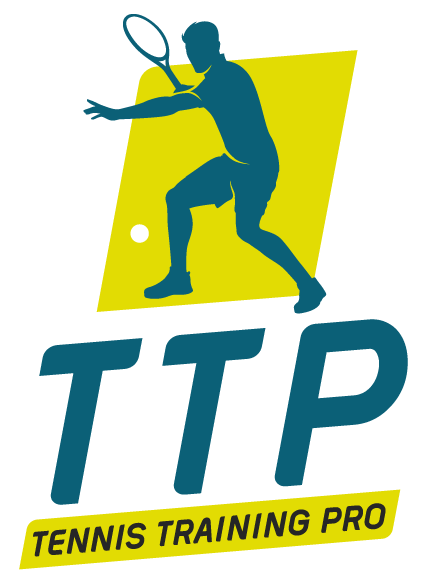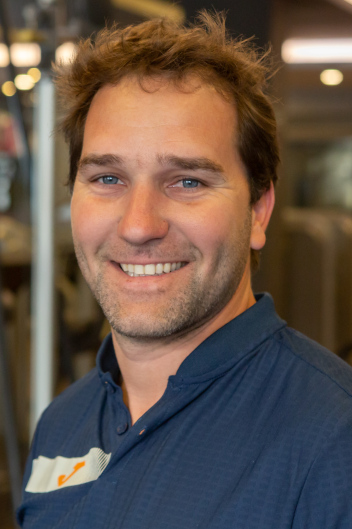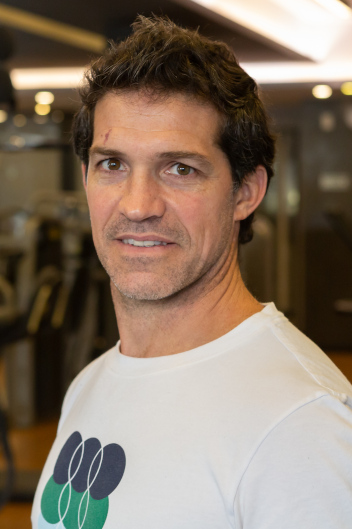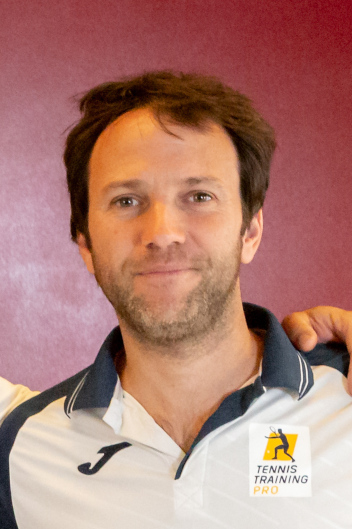Psychoneuroimmunology (PNI) in tennis: the discipline that is revolutionizing the sport
22 de May, 2021
Interviewed specialist: Fernando Pérez
This multidisciplinary approach works on the psychological and the nervous and immune systems. What benefits does it have for high performance players and the amateur world? We asked Fernando Pérez, one of the leaders of clinical PNI and osteopathy in Latin America and a member of the PNI Europe team.
Psychoneuroimmunology (PNI) is here to stay, and his comprehensive view is covering aspects of the athlete that many times had not been taken into account by any figure on the team. This discipline, which is responsible for the interaction between the psychological and the nervous and immune system, allows approaching the tennis player’s work with a conscious look at psychosocial factors.
“Emotions influence the functions of all body systems: the muscular system, the gastric system, the brain,” explains Fernando Pérez, osteopath and PNI expert in sports, a member of the TTP team.
“PNI emphasizes the neurological issues for example when an athlete is in stressful situations, or when he needs to regenerate well, rest better, or nourish himself in the right way. But also in what is the immunological and endocrinological issues, which is based on the hormonal axes, on the thyroid axis, on the axis of hormones that have to do with movement, with stress positions, relaxation. The PNI allows to see the athlete from all points of view, from all fields, and with all the systems to integrate them to achieve a better performance and the best dedication to each one”, says Fernando.
Stress management
Stress is always related to something at work, but it can also be something totally emotional, metabolic, or physical, such as a training overload. It can also be immune, due to having the immune system damaged by poor diet, poor sleep, or unhealthy habits.
Going to sleep with blue screens, for example, generates an activation of axes that release hormones that are counteracted by serotonin and tryptophan, which are the hormones we need to sleep and to regenerate a great physical effort after a match or training. A PNI professional takes these kinds of things into account when examining the athlete, and changing certain habits that are harmless at first glance, can give great results.
“In high performance, all of that must be taken into account. Everything is based on the biorhythm, when an athlete is going to eat, when they have to rest, and that will change from person to person because we are all different. As the biorhythm is based on sunlight, we must pay attention, for example, to travel, where it changes in a huge way and our job consists precisely in regulating it “says the expert and adds:” We look for flexibility, that the athlete reaches a place and he can adapt as best as possible, because he does not always have the same food, the same way of sleeping, resting, the same people around him”.
The work of emotions in tennis
Frustration is one of the feelings that most affects tennis practice, that’s why it is so important to work on all aspects of different areas of the brain. A frustration is a molecular pattern associated with stress, a very great stress and that can generate changes in the muscular, metabolic, and endocrine systems and you have to know how to carry it, how to attend the athlete.
Another of the emotions that are most seen in tennis is loneliness. “Those things are terrible for the tennis player. We are social beings, and we are made to be with others. Imagine that a tennis player at the moment most dependent on him, where he needs the support of his family, his coaches, his team, his friends, is usually alone”, says the PNI expert.
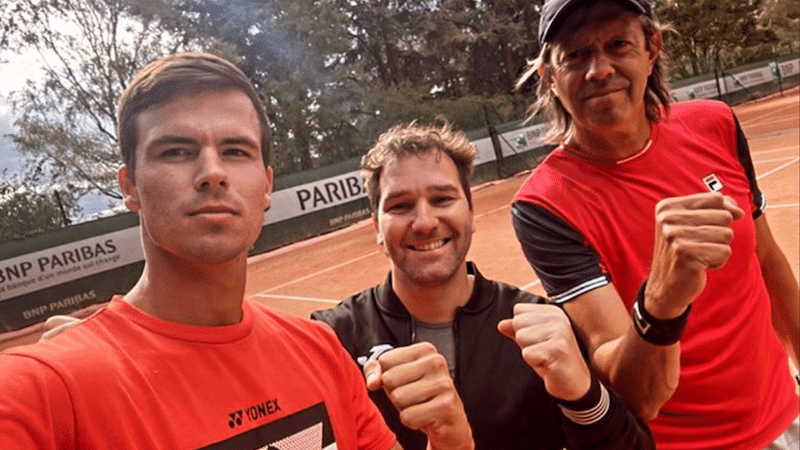
Daniel Altmaier with his team at Roland Garros 2020.
“All this generates a change, an activation of different areas of the brain that makes you make decisions in a totally selfish way, and there are many things that if not worked on can be very toxic.”
PNI strategies
From the point of view of behaviors, PNI works mainly on changes in habits. For example, instead of sleeping with a blue screen, sleep doing breathing exercises. From meditation, mindfulness exercises, alimentary changes, contrast cold water baths, intermittent fasting, or intermittent hydration, PNI activates areas of the brain and body that are often overlooked.
“Sometimes with certain athletes we take them to the point of being very thirsty and then counteract it. We take the athlete to different stressors. At PNI we are based on evolutionary stressors: in evolution, stressors were not that you have to pay the bill or that you have to make ends meet; but hunger, cold, heat, thirst, and all that are infections. We work on these components and look for physical strategies to stimulate them,” says Fernando.
“Taking good decisions on the court is 100 percent dependent on neurotransmitters, and neurotransmitters are made in the gut. And here comes what the brain-intestine axis is: so that you can make good decisions, you need to have dopamine, serotonin, oxytocin, the different hormones that help you make a correct and fast decision. PNI changed the entire tennis paradigm” he says.
Defined as invisible training, PNI is not always clear to those who do not practice it since what each athlete does is reserved as a sports advantage. A well-known case was that of Novak Djokovic because when they found his bowel problems, through the PNI he changed his habits and became number 1. Today half of the great world tennis players do PNI, and the team from Tennis Training Pro, is the first to do so in Latin America.
PNI in amateur tennis
“I have several patients who are not elite athletes but recreational athletes, weekend players and little by little they also begin to work with the PNI. We have a phrase in the PNI that is “all is about energy”, everything depends on energy, and precisely what we do is improve metabolic energy, physical, psychic, emotional energy, and work with the biochemical, endocrine and immunological. It is a little bit to connect all the axes”.

 ES
ES EN
EN PT
PT